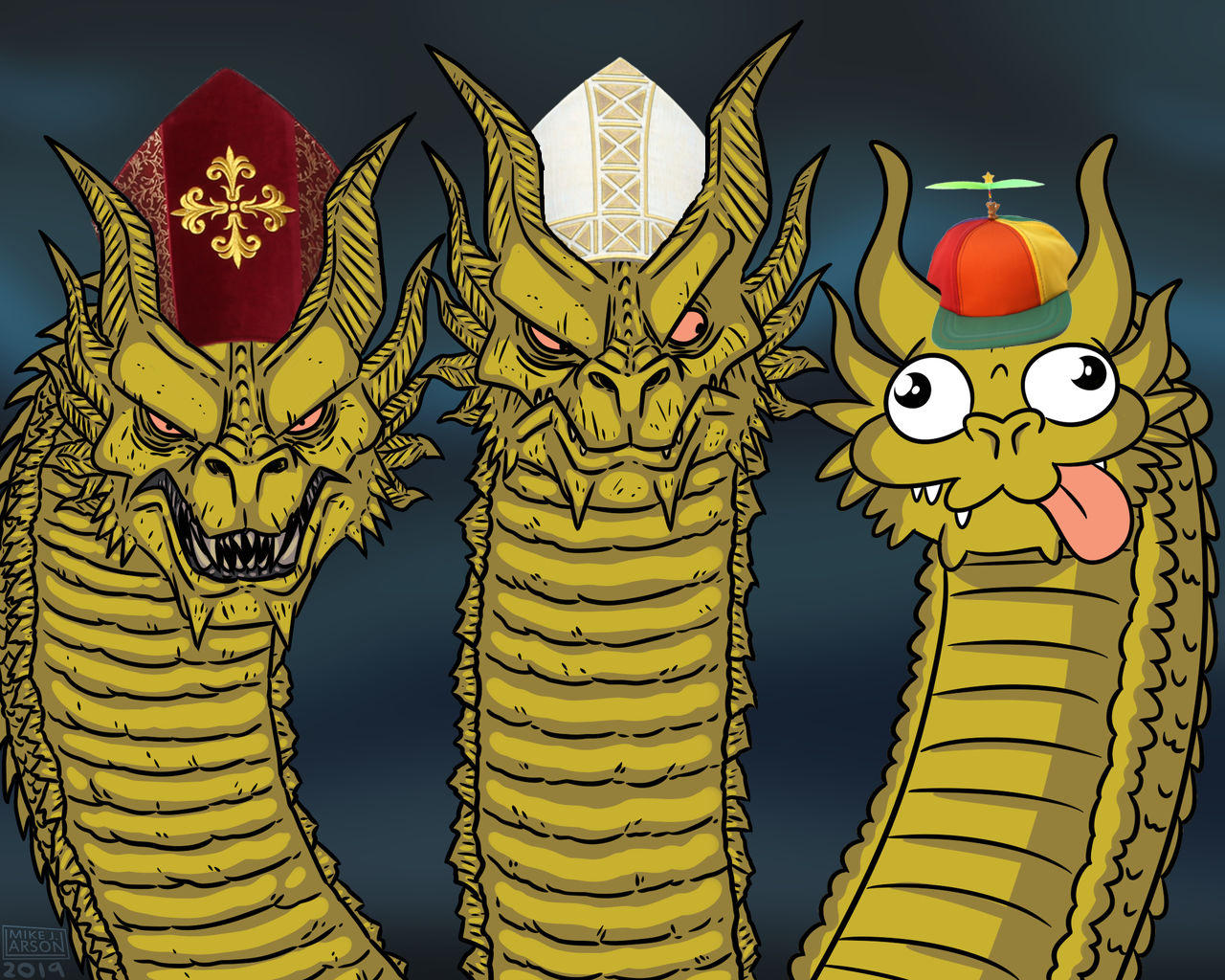The 21-year-old New Zealand MP Hana-Rawhiti Maipi-Clarke, her country’s youngest MP since 1853, honoured the Indigenous people of New Zealand by performing a traditional haka, or war cry, as part of her maiden speech in December. In the resurfaced video, the chant reverberates around the parliamentary chamber as other Māori MPs join in with the haka.
Maipi-Clarke’s inaugural address comes amid fears for Māori rights after a new government, led by the conservative National Party, was elected in October and announced plans which critics describe as the most significant step backwards for Māori rights in decades. Thousands have taken to New Zealand’s streets to protest the proposed plans.
In an interview with Time magazine, the young MP slammed the new government’s “racist rhetoric” and vowed to stay “strong” in her fight against it.
Anyone knows good bands with Māori influence? Her chanting slaps.
Alien Weaponry! They’re a Maori metal band and a lot of their songs are written/sung in Maori.
Hatupatu and Kai Tangata are two of their songs that I really enjoyed.
I think one of the community mods from another community on beehaw is Kiwi so they might be familiar with some others as well.
Lorde performs one of her songs also in Maori (the song’s OV is in English, the song is called ‘Solar Power’). You may also be in interested in Olivia Foa’i, a singer who also performs in Gagana Tokelau, the indigenous language of Tokelau, a collection of atolls between Australia and Hawaii, and in this story.
That’s badass. It takes some real confidence to do that and I love how you can see some of the people around her smiling and chanting along with her.
Parliament is war? Is this why we can’t get consensus?
I don’t speak this language and have no idea of this culture, but as always we must be careful as any literal translation from one language into another often conveys a different meaning, even when the words are the same.
Among others, the Tourism New Zealand website says about the haka and its origin:
Today, haka is used as a sign of respect and is performed on important occasions, such as sporting events, weddings, funerals, and powhiri (a traditional welcome).




